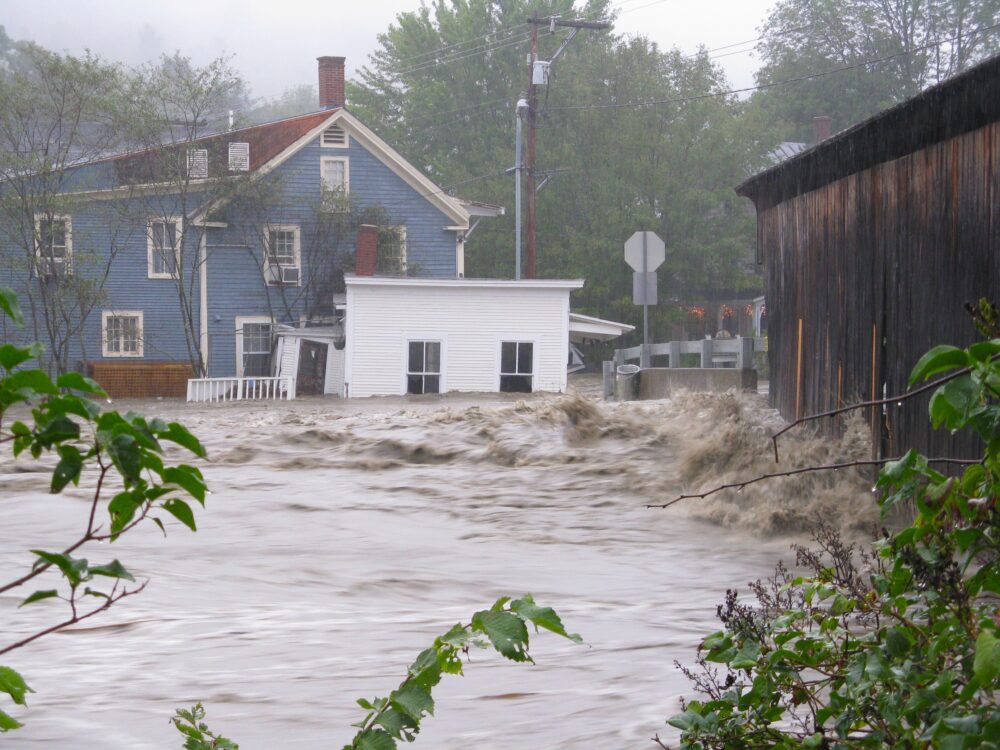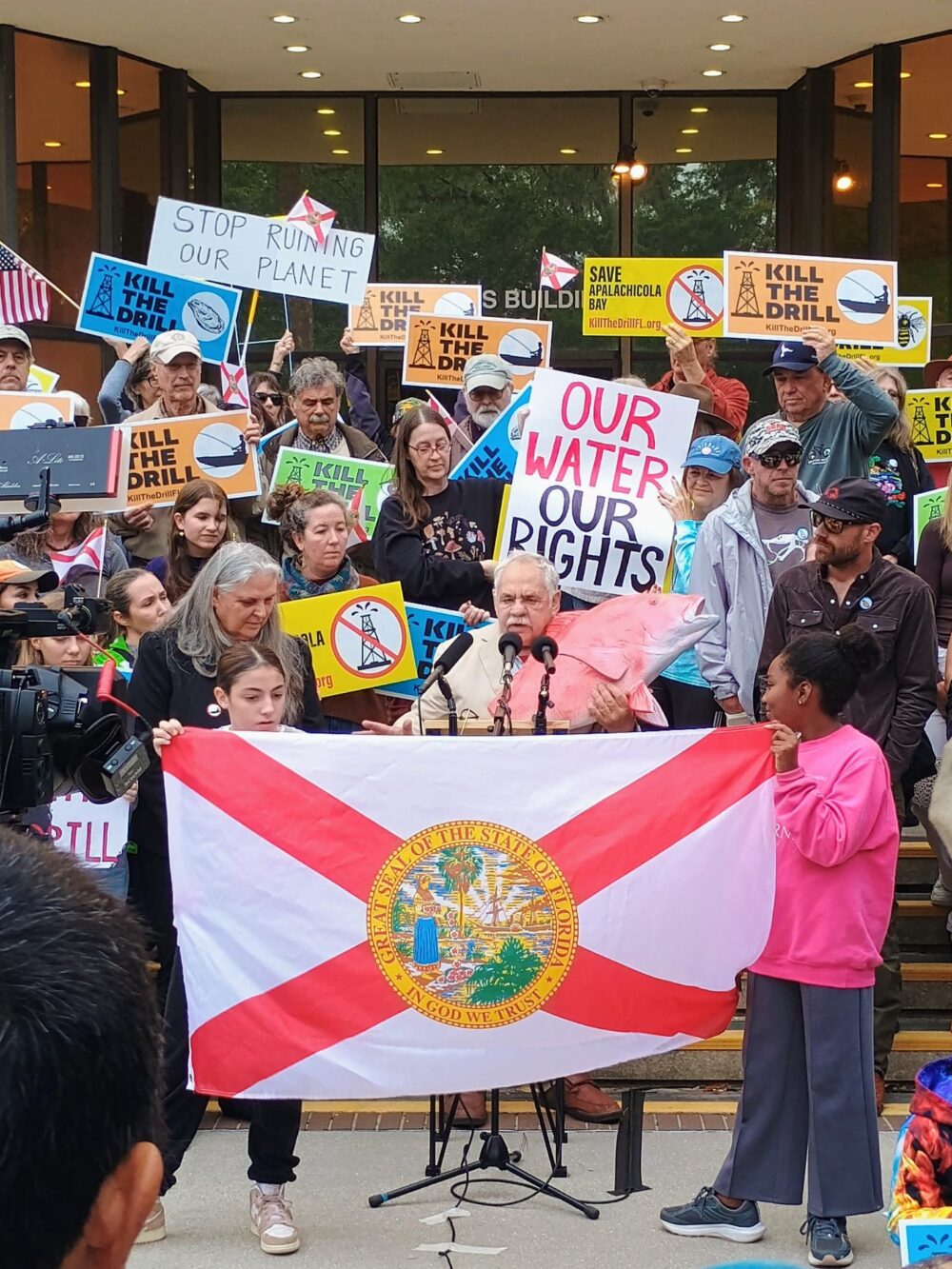We have much more to do and your continued support is needed now more than ever.
The Antiquities Act Under Attack
History, Culture, and Public Lands At Risk
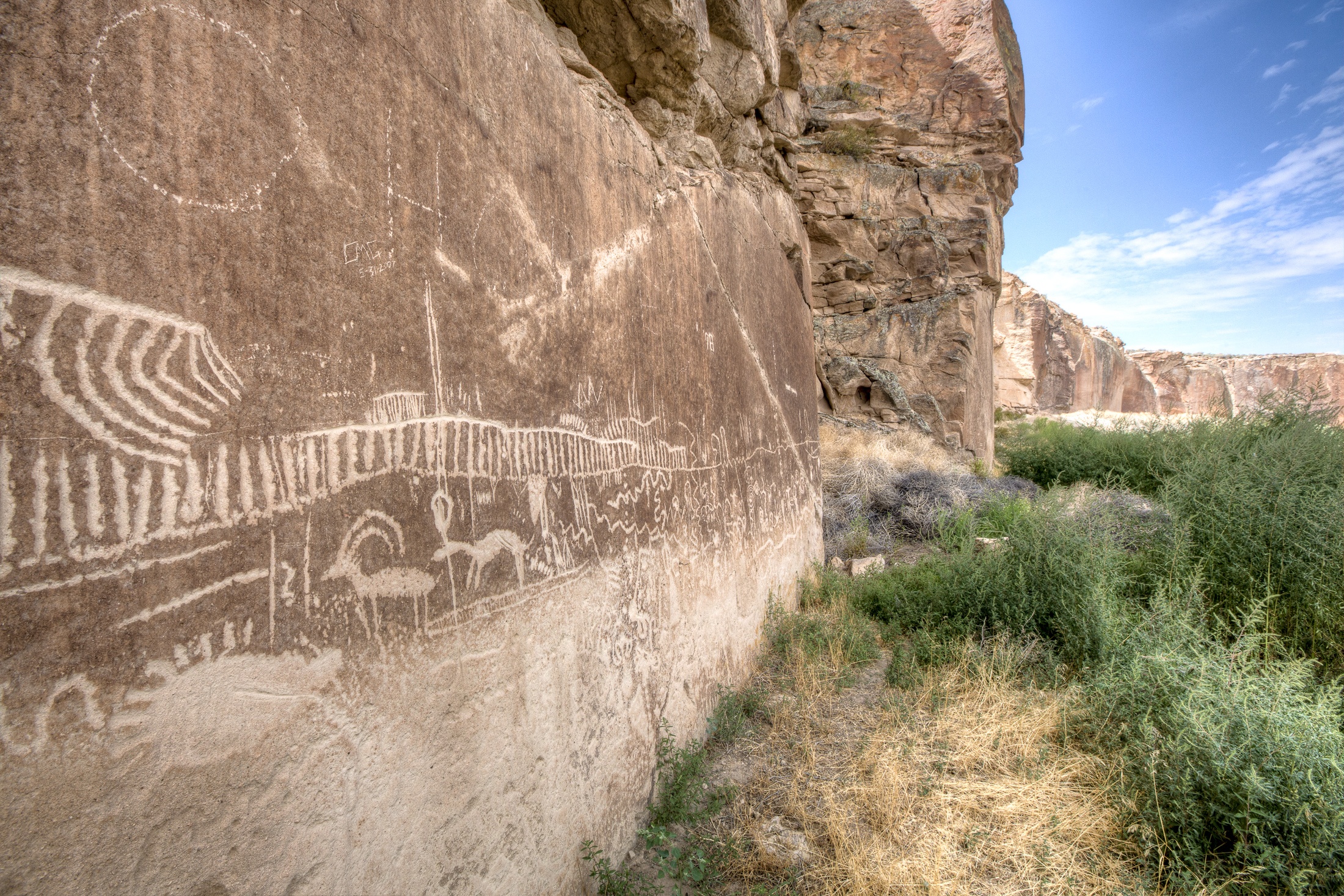
In the late 1800s, “pot-hunters” – private collectors and thieves – prowled the Southwest in search of artifacts and prehistoric sites, leaving behind a trail of looted dwellings, remains, and settlements. Anthropologists, archaeologists, and historians raised the alarm that these invaluable artifacts and sites, many of which were still unknown or poorly studied, would soon be irreparably damaged, or disappear.
This may not sound like the beginnings of a public lands story. Yet, out of the concerns over pot-hunting and vandalism in the American Southwest emerged one of the most powerful and bipartisan pieces of public lands legislation in our history. John F. Lacey, a Republican Representative from Iowa and chairman of the House Committee on Public Lands, heeded the alarm over the disappearing “antiquities”, and introduced in the House what would become known as the Antiquities Act.
In the first use of the Antiquities Act, Roosevelt declared a striking rock formation in northeastern Wyoming as our nation’s first national monument. Citing the scientific value of this unusual geological feature, Roosevelt’s proclamation of Devils Tower National Monument on September 24th, 1906, was the first use of one of our most powerful conservation tools to protect our nation’s priceless natural, historic, and cultural resources for future generations. Many of our national parks, including the Grand Canyon, Acadia, and Olympic National Parks, began as national monuments, and the Antiquities Act has been used by Republican and Democratic presidents alike, reflecting the bipartisan nature of public lands conservation.
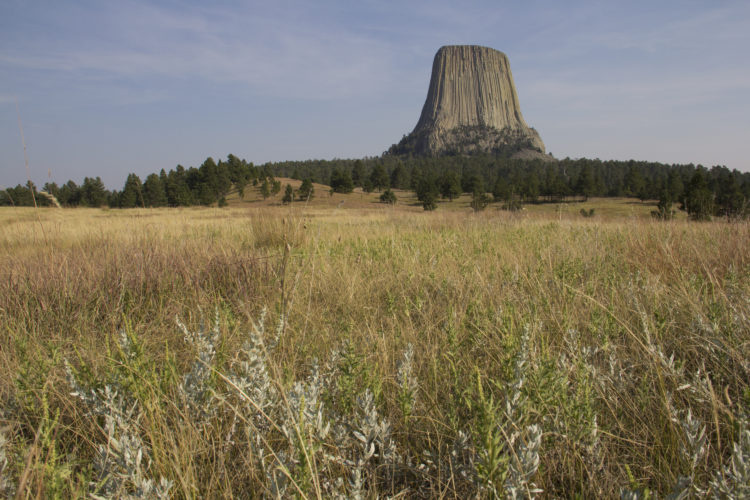
The 110th anniversary of the designation of Devils Tower National Monument just passed, and the same Saturday was also National Public Lands Day, a celebration of the wonder, beauty, and importance of our public lands legacy. Millions of Americans headed outside and enjoyed this fee-free day on our national public lands, volunteering, recreating, and learning about these national treasures. But some members of Congress darkened the skies over the celebration, pushing for legislation that would undermine this American birthright, and their efforts continue. The Antiquities Act in particular is under attack, with numerous bills in the House and Senate seeking to erode or destroy this crucial piece of public lands legislation.
Last week, the Senate Committee on Energy and Natural Resources held a hearing on three bills attacking the Antiquities Act. One bill would grant a state legislature or Governor the ability to veto a national monument designation; another proposes to exempt the state of Utah from the Antiquities Act, in a hail-Mary attempt to block a possible national monument designation in that state. This bill is related to one passed, also last week, by the House Committee on Natural Resources, which, while ostensibly protecting some culturally and naturally significant areas in Utah, would permit oil and gas drilling in a significant portion of unprotected areas. A Native American tribal coalition, recreation groups, and many other stakeholders have been calling for the designation of the Bears Ears region in Utah as a national monument, citing vandalism of historically and culturally important sites as one of the primary reasons for designation.
The Members of Congress seeking to undermine the Antiquities Act claim that public support does not exist for designation of new national monuments. The reality is quite the contrary: 80% of Western voters support “future presidents continuing to protect existing public lands as national monuments”, and recent designations, including Browns Canyon National Monument in Colorado and Organ Mountains-Desert Peaks National Monument in New Mexico, were the product of tremendous local and community support.
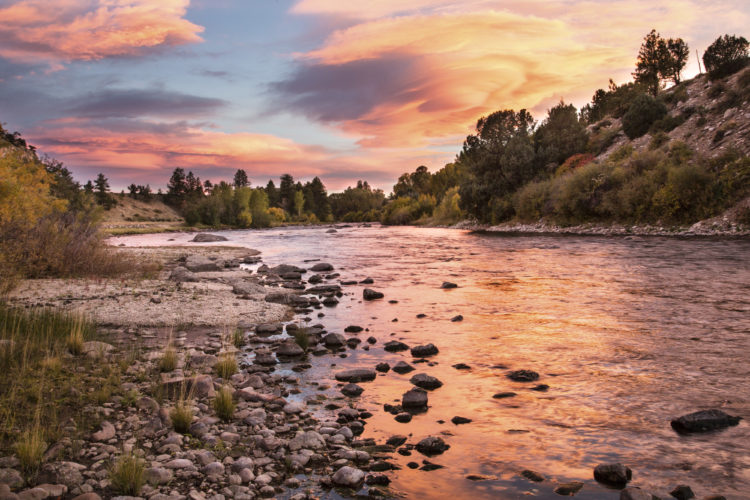
National monuments protect irreplaceable natural, historic, and cultural resources, and in doing so they benefit the local communities. A recent report by Small Business Majority found that visitation to 10 natural and cultural monuments protected by President Obama is responsible for $156.4 million in annual economic benefits for local communities. The bills proposed by these members of Congress could block local community-driven proposals to protect important public lands and waters through monument designation.
National monuments, like all of our national public lands, are jointly owned by all Americans, and are the product of intensive collaboration, community and engagement, and public support. The Antiquities Act is a crucial means to protect public lands when Congress can’t, or won’t, act, and allows the president to respond to local and public requests for the protection of important landmarks and landscapes.
“That public lands are controversial is how we know they are public, and thus debatable,” writes U.S. environmental historian Char Miller. The process of debate and community engagement are hallmarks of the national monument designation process, and are the unwritten heart of the Antiquities Act.
As the National Wildlife Federation’s public lands organizer Bill Dvorak acknowledged during the designation of Browns Canyon National Monument, “you’re never going to get 100 percent consensus, but we had overwhelming public support.” This support comes from the local and the national levels, because national monuments benefit all Americans. The Antiquities Act remains one of the most powerful conservation tools ever created, and allows presidents to protect publicly supported and treasured historic, cultural, and natural wonders.
Attacks on the Antiquities Act are attacks on our public lands system. Take action: pledge to protect our public lands for fish, wildlife, and the generations to come. Ask our political leaders and candidates to pledge to maintain the great conservation legacy built by their predecessors.
Take Action








